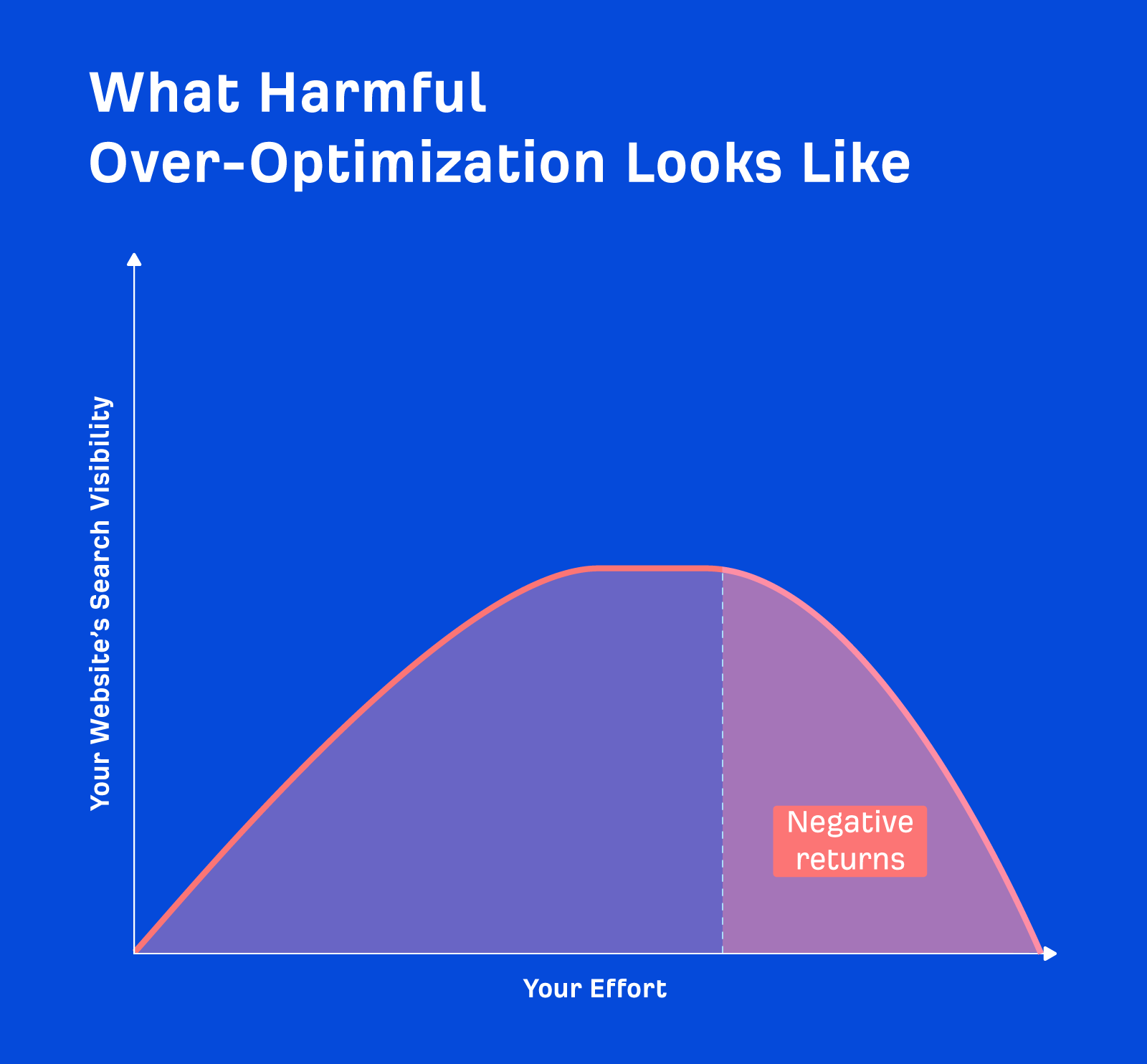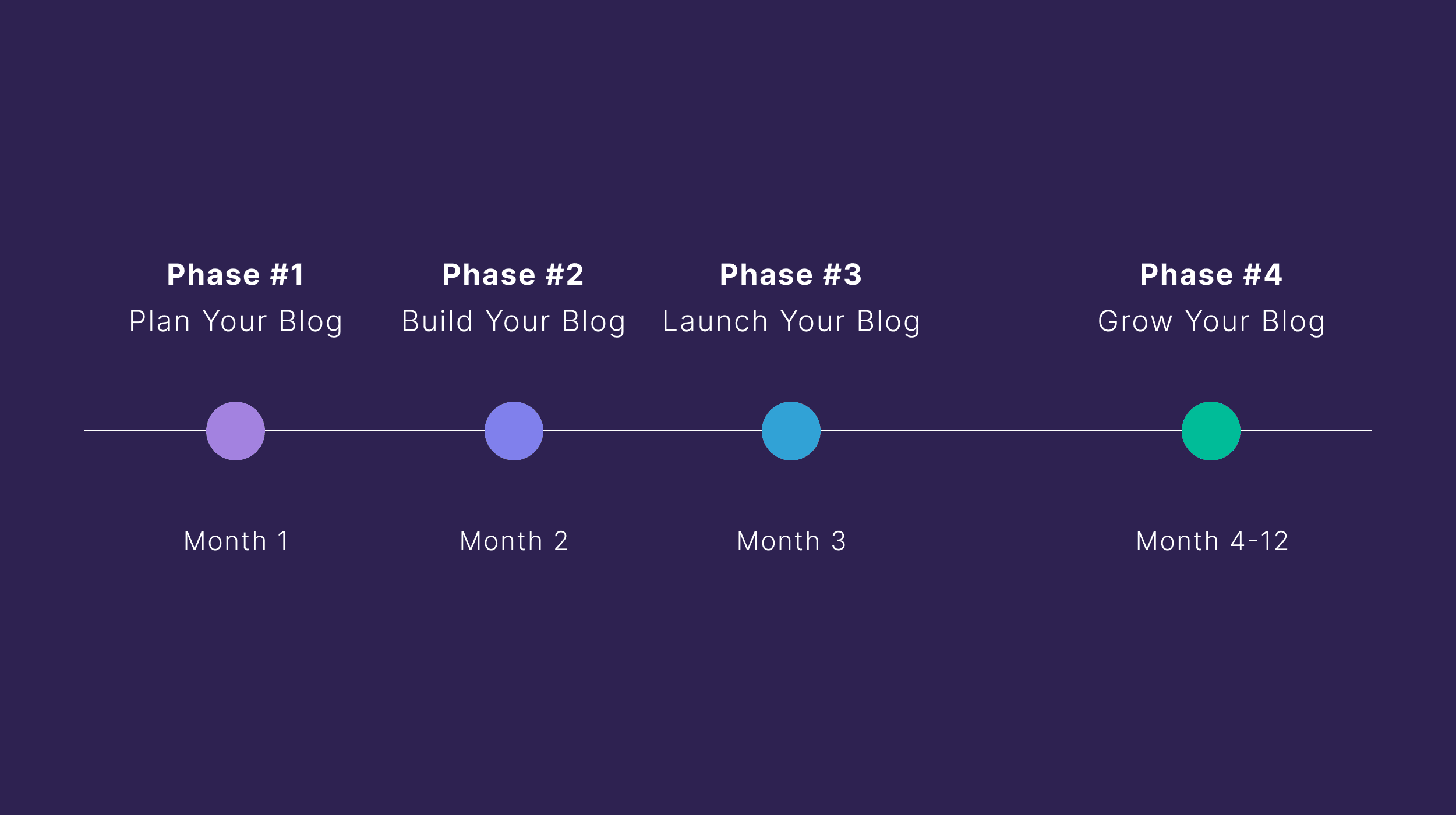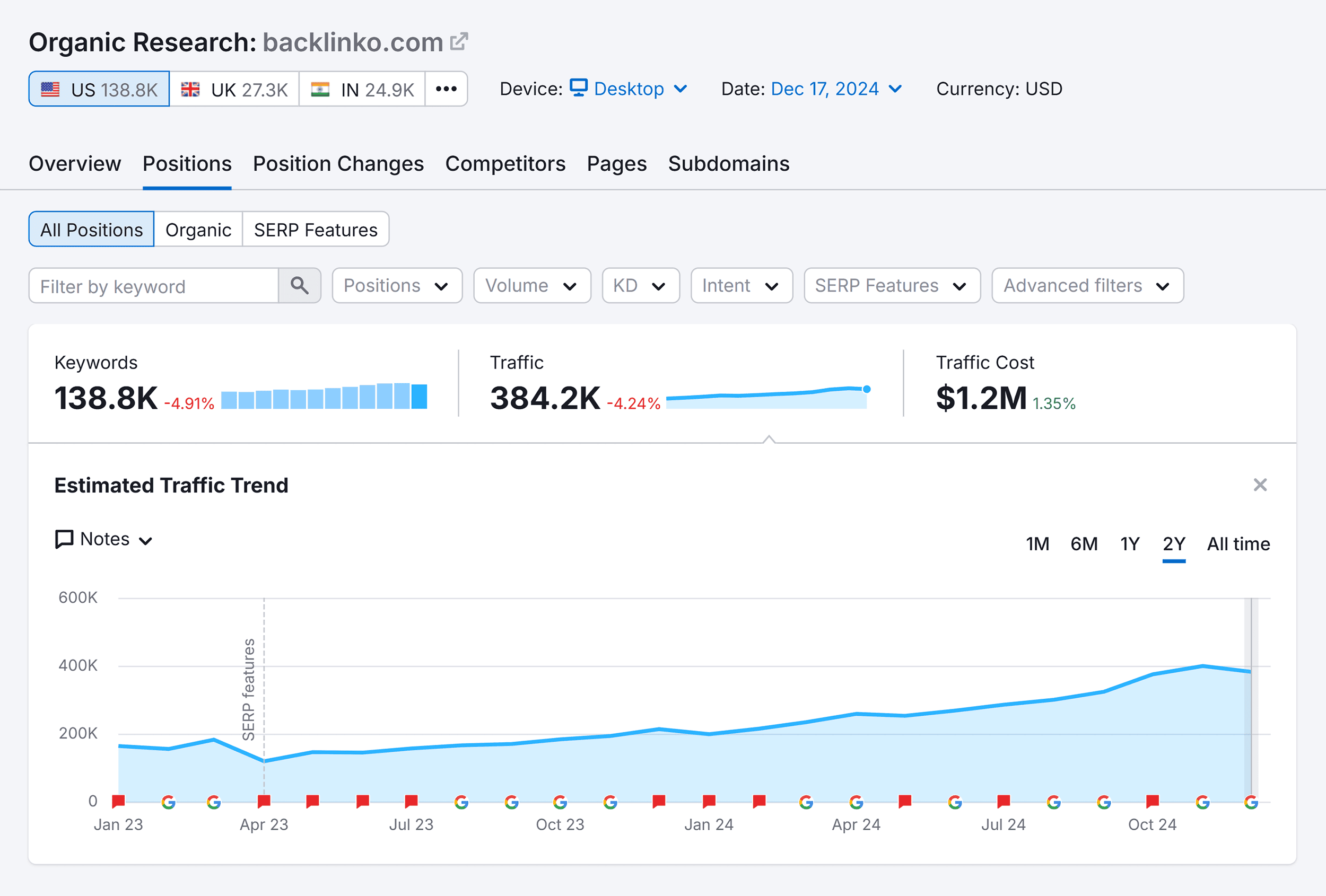Search optimization is generally a good thing. When you create something useful—an article, a product page, even a free tool—it helps to ensure people can find it through search.
But can you go too far? Can you over-optimize?
Google says “yes”, in two ways.
Time-wasting over-optimization
Other types of optimization suffer from a different problem: diminishing returns. Past a certain point, your continued effort has a smaller and smaller impact on search visibility. As Google’s John Mueller puts it, “focusing on all of the small details that make tiny tiny tiny differences.”
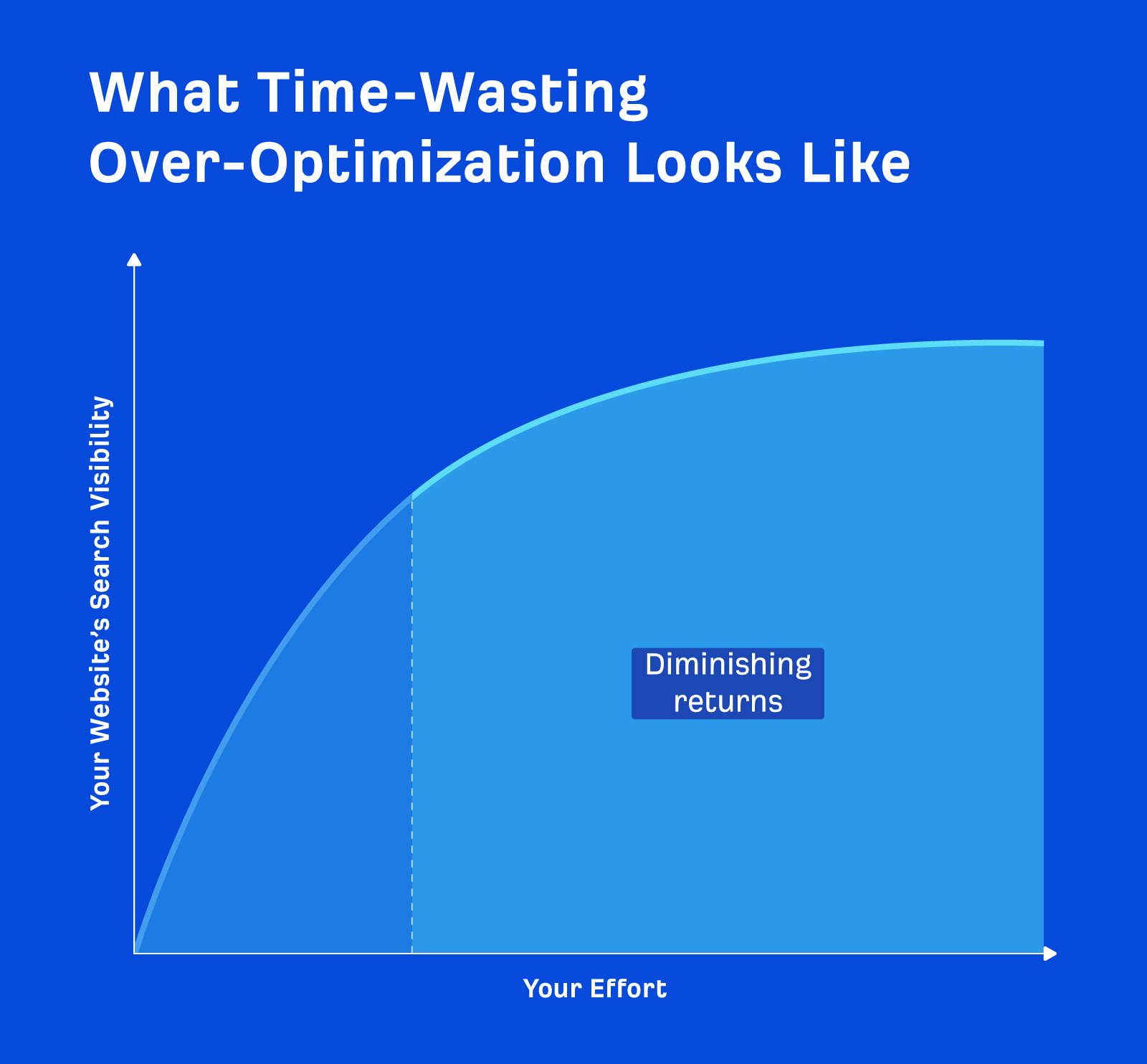
Here are a few examples.
1. Aiming for perfection on Core Web Vitals
Core Web Vitals are metrics used to measure the speed and user experience of a website page, and they form part of Google’s calculations for ranking pages.
Core Web Vitals measure the performance of your page across three different tests. The page’s performance is scored as either Poor, Needs Improvement, or Good. For pages that have data available, you can see these scores in Site Audit’s Performance report:
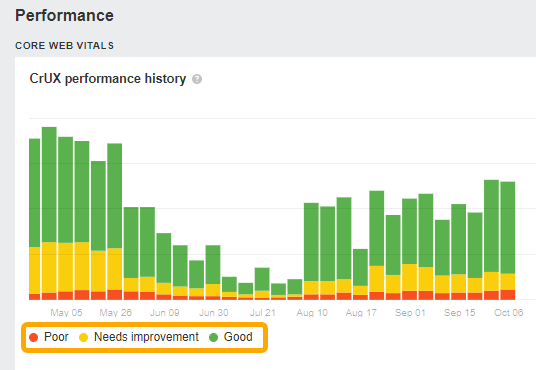
Moving from one category up to another is good for your users—pages load faster and more consistently—and may even offer a small boost to search rankings.
But while every improvement to your Core Web Vitals serves to make your website a little better, the difficulty and effort required to keep making improvements increases. At a certain point, there may be no additional benefit to search performance.
This is where over-optimization comes in: it might be that the time and effort required to reduce your LCP (one of the Core Web Vitals metrics) from 2.5 seconds to 2 seconds could be better spent elsewhere, on optimizations that would have a greater benefit to your overall search visibility.
2. Fixing every single redirect chain
A redirect happens when a visitor to a web page gets sent to a different page—a redirect chain happens when several of these redirects happen in a row.
For example: a visitor to a now-deleted blog post might be redirected to a newer blog post; if that post is deleted, they might be redirected to the blog homepage.
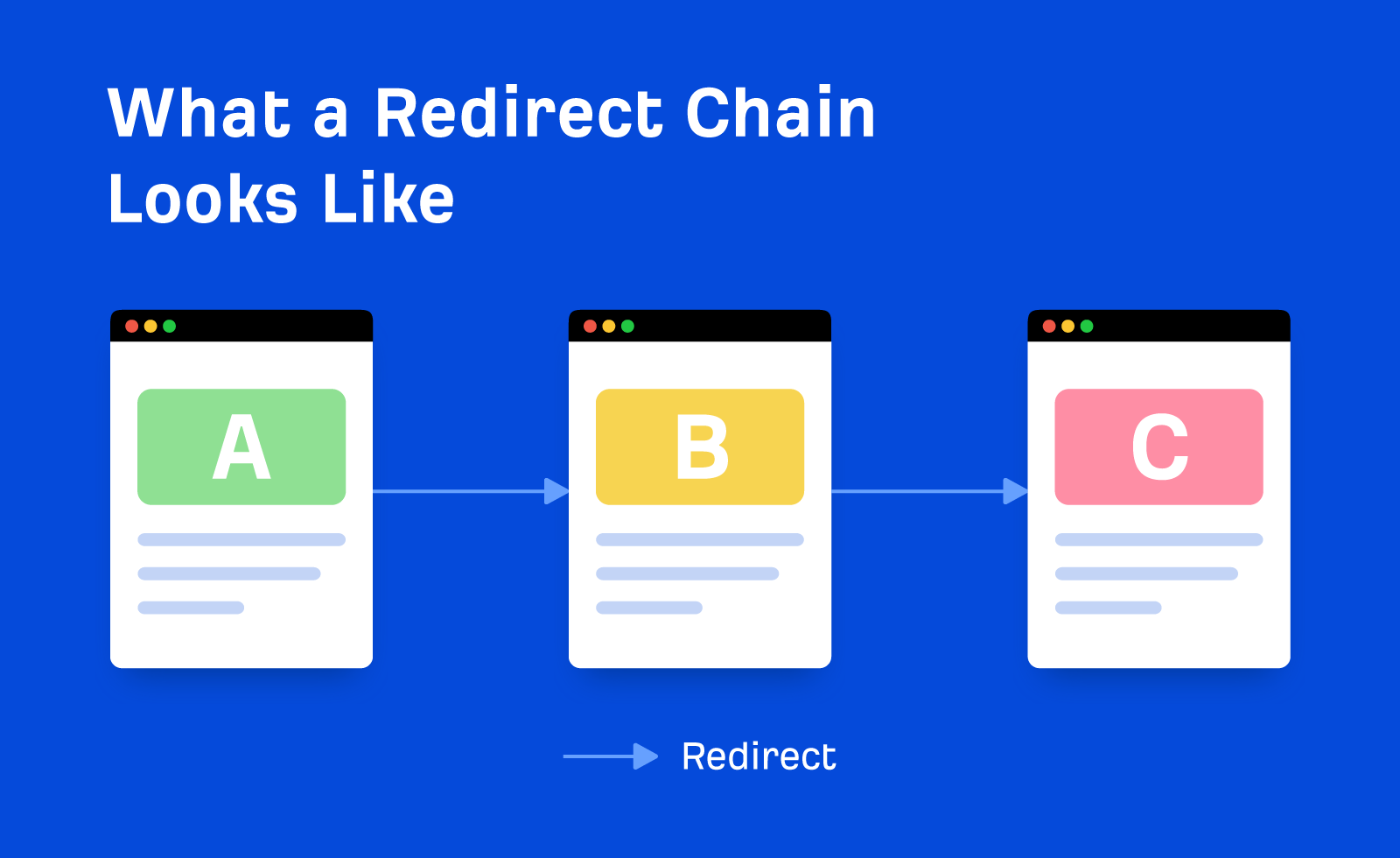
These redirect chains can get big quite easily, and it’s tempting to spend energy shortening them—but there’s probably little need. Google can technically follow up to 10 redirects before triggering an error, so most of your redirect chains are probably fine, as-is. If you want to play it safe, take John Mueller’s advice: fix redirect chains with five or more “hops.”
You can spot these using Site Audit. Head to the All Issues report after running a website crawl, and you’ll see a host of potential redirect issues, including “Redirect chain too long:”

3. Optimizing every single meta description and title tag
Meta descriptions and title tags help articles stand out in search results, and encourage searchers to click on your article.
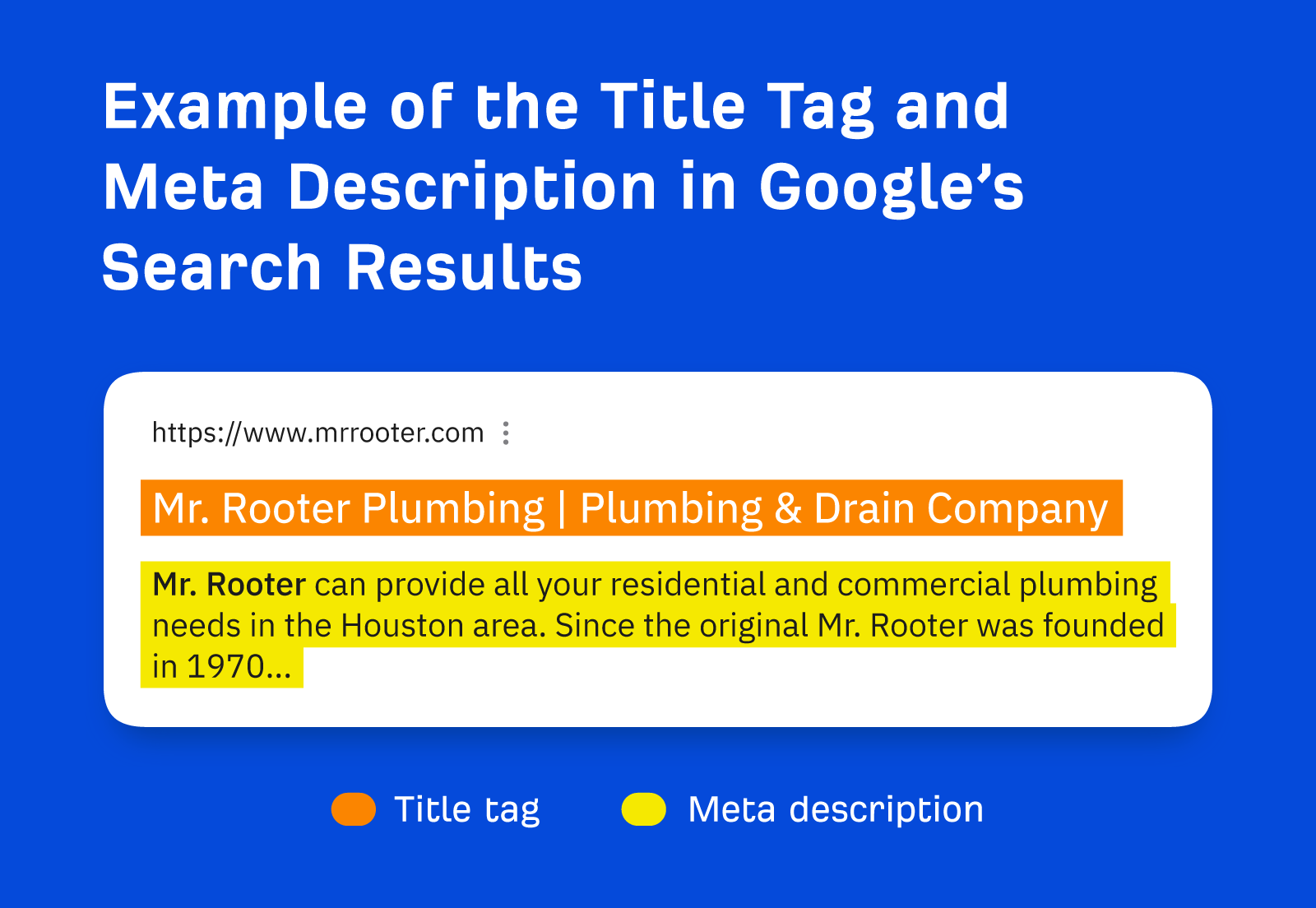
With extra clicks on the line, it might be tempting to write or rewrite every meta description and title tag you can lay your hands upon—but that would entail a lot of wasted effort. Even on healthy websites, many pages receive little-to-no traffic from Google, so you’d change content that no one would see.
If you want to optimize meta descriptions and title tags, you need to prioritize. Site Audit works well: open the Page Explorer report and set the filters to show indexable pages that receive organic traffic:

Then sort your results from high to low by estimated organic traffic (you can even use the “Columns” menu to add columns showing each page’s current meta description and length).
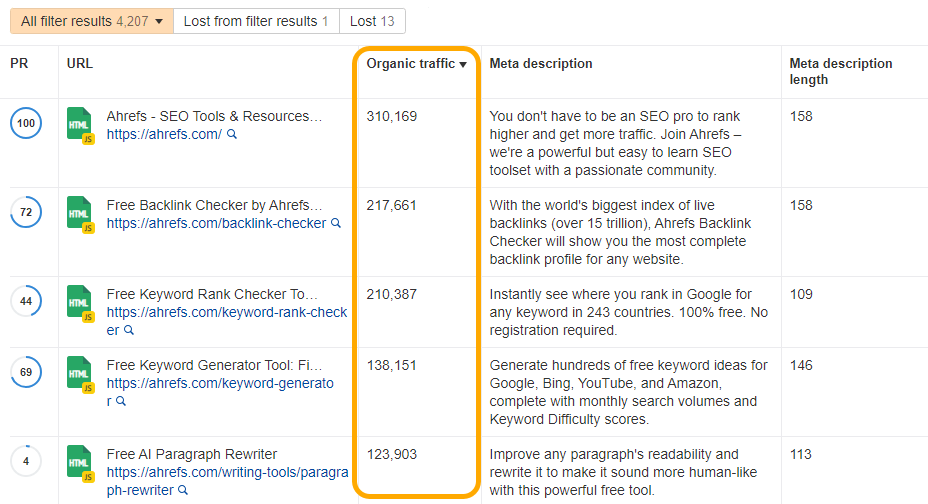
You’ll see a list of your highest-traffic pages alongside their current meta descriptions, making it easy to see if any would benefit from an update.
Final thoughts
If you’re worried about over-optimization, your intuition is probably a good guide. If you feel like you’re doing something that Google (or your users) won’t like, or you’re fixating on tiny improvements in areas that already perform well—then yes, you’re probably over-optimizing.
Content Copyrights Belong to The Author. All Rights Reserved.
We're A Dallas Digital Marketing Agency That is Experts At Social Media Marketing, Website Design and Emarketing and Promotion.

